
Top Paytm Interview Experiences. 5 Savvy Preparation Tips!
Sep 24, 2024 5 Min Read 2820 Views
(Last Updated)
Do you know that Paytm is India’s #1 Payment App trusted by over 30 Crore Indians? Introduced in 2010 by Vijay Shekhar Sharma under One97 Communications, Paytm became one of the most used digital wallets across India within 4 years. Since then, Paytm has not seen grounds and is doubtful that it will ever do it! And if you are one of those million aspirants who wish to scale their career high with Paytm, here are a few Paytm interview experiences that will help you prepare for the same. So, Paytm Karo!
Before you go for any interview, with no exception for the Paytm, interview questions that you would primarily be prepared would incline to your projects mainly (technical rounds). To make your learning experience easier, go through this Paytm interview process before you begin.
Table of contents
- Paytm Interview Process:
- Online Coding Round:
- Technical Interview Rounds:
- HR Round:
- PREPARATION TIP:
- A few Paytm Interview Experiences:
- Let's hear from a BackEnd Developer at Paytm:
- Let's hear from an SDE at Paytm:
- Let's hear from a Full Stack Developer at Paytm:
- Let's call it a wrap!
Paytm Interview Process:
As per multiple candidates, the Paytm interview typically initiates with a telephonic screening round. This phonic round lasts for roughly 45 mins. It is followed by a round of technical interviews & HR round. So, overall the Paytm process includes:
- Online Coding Round(On platforms like HackerRank, HackerEarth, etc.)
- Technical Rounds
- HR Round
Confused about your future career? Explore GUVI’s Career Programs offering Expert-led LIVE classes with Placement Assistance across our 1000+ hiring partners.
1. Online Coding Round:
Primarily focusing on the candidate’s problem-solving and basic conceptual knowledge, the Paytm online Interview test is of medium competency. Applicants are required to answer two to three problem questions from amongst the given set of problems in this round.
Be thorough with the basic concepts like Data Structures and Algorithms for this. Additionally, have hands-on on platforms like Hackkerank, HackerEarth, Cocubes and others. It lasts for about an hour.
The best thing is that you can choose any programming language like C++, Java, Python, and so on to attempt these questions.
For your information, this is going to be an elimination round. You will move on to the next level of interviews on performing well.
In short, if you wish to clear the first elimination round of the Paytm Interview process, then you should have sound knowledge in any of the programming knowledge with a clear and concise understanding of all the basic concepts.
2. Technical Interview Rounds:
Done with your coding round! Now it’s time for the next series of face-to-face technical interviews. Oh yes! It can be an array of 3-4 back-to-back technical rounds or with your extraordinary technical charm, you can fix it all in one.
Well, these sets of interviews mostly dwell around topics like your previous experience, projects in your resume, or further coding questions. Some of the sample questions include:
- Given an array, print the Next Greater Element (NGE) for every element.
The Next greater Element for an element x is the first greater element on the right side of x in the array. Elements, for which no greater element exist, consider the next greater element as -1. - Find the loop in the linked list.
- Some java related questions about the feature of Java-8 and Garbage Collection
- Find the length of the longest substring without repeating characters.
- Find the element in a rotated sorted array.
- Longest Increasing Subsequence
- Longest Common Subsequence
- Project-related questions
3. HR Round:
It is a test of your interpersonal skills and attitude. Do you aspire to get into Paytm and why?
Read in and out about Paytm so that you don’t miss giving any answer to the common queries that you might face about the company.
Also, brush up on your communication skills along with teamwork capability and other public skills.
PREPARATION TIP:
- Work on your basic programming concepts
- Understand & build a good foundation on Data Structure concepts.
- Practice a lot of coding examples in depth
- Build at least one good comprehensive project from scratch
- Keep upgrading your interpersonal skills
A few Paytm Interview Experiences:
Here is a collection of a few interviews which are quite detailed (links are provided here) and these will help you get a glimpse of the Paytm interview. Questions included here are must-learn with tips and tricks to the same.
Let’s hear from a BackEnd Developer at Paytm:
On his YouTube channel, he uploaded his Paytm interview experience. Mr Hrithik Raj mentioned some very essential tips and tricks in his video. Hrithik said about his Paytm interview experience, “I solved several coding problems, especially the good ones regularly; as in the coding problems with multiple important concepts.”
He also mentioned his preparation towards the Paytm Interview in detail therein. You can have a look at his video here! According to Hrithik. you cannot rule out a few topics in operating systems like scheduling algorithm memory management, paging, paging segmentation, etc. Further, a few topics in networking like OSI modelling, and protocols that are used in each layer say, TCP IP model, DSCP, etc. are a must-learn before you go in for any Paytm interview.
Adding to the list of topics to prepare, Hrithik said that you should have a strong grip on how to write queries, sub-queries, index, and how to join tables. You should also know cardinality, asset properties, transactions, etc. Again, don’t forget to make your basics clear with all the OOPS concepts.
More topics related to Paytm interview experience: 6 Tips & Tricks to Crack Data Science Interviews
Let’s hear from an SDE at Paytm:
In another video, SDE at Paytm, Mr Avadhesh deliberately explained his entire Paytm interview. Questions asked to him went in all directions and demanded strong coding and conceptual knowledge.
In the first round of the Paytm campus interview which was a coding round of 70 minutes, Avadhesh had to solve 3 coding questions. According to Avadhesh, the questions were easy to moderate, more on the moderate side.
Avadhesh also mentioned that the first round tested all the areas within these 3 questions which were aligned on arrays, linked lists and trees. After the first round around 82 candidates were shortlisted.
The next technical round for Avadhesh also revolved around the data structure concepts like boolean matrix & nodes in the binary tree. Some of the other questions asked to him were as follows:
- Difference between c++ and java
- What is JVM and how does it work?
- Why java is platform-independent?
- What are Abstract classes and Interfaces in java and how do they differ?
- What is Maven?
Taken from his written submission on Paytm Interview experience
He also cited that he had no specific HR interview thereafter. So, basically, he was tested on his coding and basic concepts in depth.
Read more: Top 9 TCS Xplore Python Coding Questions [DeCode Best with GUVI]
Let’s hear from a Full Stack Developer at Paytm:
Shivam Suri, a Full Stack Developer at Paytm also wrote a written Paytm Interview Experience on one of the famous coding websites.
In his article, Shivam clearly stated the detailed interview process along with the questions that he faced. In his first round of Paytm interviews, he fronted 3 questions viz.
1. Factorial of a Number
Write a program to find the factorial of a number.
Factorial of n is:
n! = n * (n-1) * (n-2) * (n-3)….* 1
Output the factorial of ‘n’. If it does not exist, output ‘Error’
Input Format :
The only line of input contains a single integer.
Output Format :
The only line of output prints the Factorial of the number or "Error" if it doesn't exist.
Constraints:
-10 <= n <= 12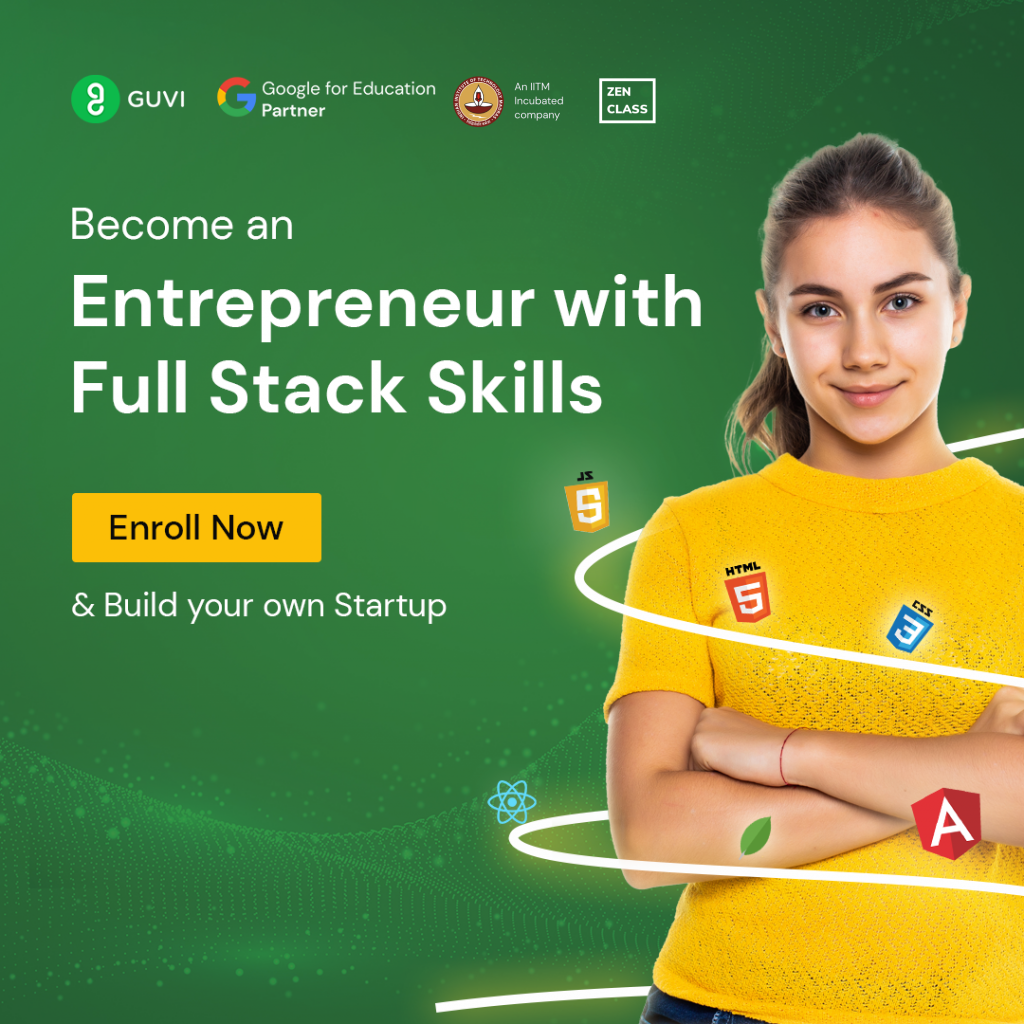
2. Next Greater Element
For a given array/list of integers of size N, print the Next Greater Element(NGE) for every element. The Next Greater Element for an element X is the first element on the right side of X in the array, which is greater than X. If no greater elements exist to the right of X, consider the next greater element as -1.
For Example:
For the given array [7, 12, 1, 20]
- The next greater element for 7 is 12.
- The next greater element for 12 is 20.
- The next greater element for 1 is 20.
- There is no greater element for 20 on the right side.
Output: [12, 20, 20, -1]
Input Format:
The first line of input contains an integer 'N' representing the size of the array/list.
The second line of input contains 'N' single space-separated integers representing the elements of the array/list.
Output Format :
The only line of output contains 'N' single space-separated integers representing the Next Greater Element for each element.
Note :
You do not need to print anything explicitly, it has already been taken care of.
Constraints :
1 <= N <= 10^5
1 <= ARR[i] <= 10^9
Time Limit: 1 secAlso read: Database Servers Made Easy! [Visual Representation]
3. Ceil from BST
Given a binary tree and a key(node) value, find the floor and ceil value for that particular key value.
Note:
Ceil of an integer is the closest integer greater than or equal to a given number.
For example:
arr[] = {1, 2, 5, 7, 8, 9}, key = 3.
The closest integer greater than 3 in the given array is 5. So, its ceil value in the given array is 5.
Input Format:
The first line of input contains a single integer T, representing the number of test cases.
The first line of each test case contains elements in the level order form. The line consists of values of nodes separated by a single space. In case a node is null, we take -1 in its place.
The second line of each test case contains integer X, denoting the key value.
Output Format :
The first and only line of each test case in the output contains ceil of integer X from given BST.
Note:
You are not required to print the expected output; it has already been taken care of. Just implement the function.
Example

for the above tree
X=2
ceil =3
X=7
ceil =8
X=12
ceil =13
Constraints:
1 <= T <= 10
1 <= N <= 10^5
0 <= node data <= 10^9
1 <= X <= 10^9
Time limit: 1 secondThe second and third rounds that Shivam faced were 60 mins each video call with more coding questions related to arrays, frameworks and OS.
The questions included:
- What are some of the advantages of Angular over other frameworks?
- What is spooling?
- What are the conditions for deadlock to occur?
- What is a View? What is Denormalization? Difference between “==” and “===” operators in js.
- You are given an integer array ‘ARR’. You have to find the length of the shortest contiguous subarray such that, if you sort this subarray in ascending order, then the whole array will be sorted in ascending order.
- You have been given an integer array/list(ARR) of size ‘N’. It only contains 0s, 1s and 2s. Write a solution to sort this array/list.
Further, the final HR round surrounded all the basic HR questions related to the resume and Paytm.
Accelerate your Professional Future with GUVI’s Career Programs. Upskill by learning in your preferred native language, earn certifications, & excel with placement assistance.
Let’s call it a wrap!
So, these are a few Paytm Interview experiences that are coiled up from multiple websites to bring it all under one roof for your easy perusal.
We will keep updating this list with more and more experiences on the way. Crack any interview with ease!
For more tips, tricks, and solutions check here:
Related Topics on Paytm interview experience:- Postman Interview Questions: 20 Postman Savvy Questions & Answers you should know!
Don’t forget to take home the best of these Paytm interview experiences as learning and e






















![Top 40 Data Science Interview Questions for Freshers [2025] 5 data science interview questions for freshers](https://www.guvi.in/blog/wp-content/uploads/2025/06/Top-40-Data-Science-Interview-Questions-for-Freshers-2025.png)

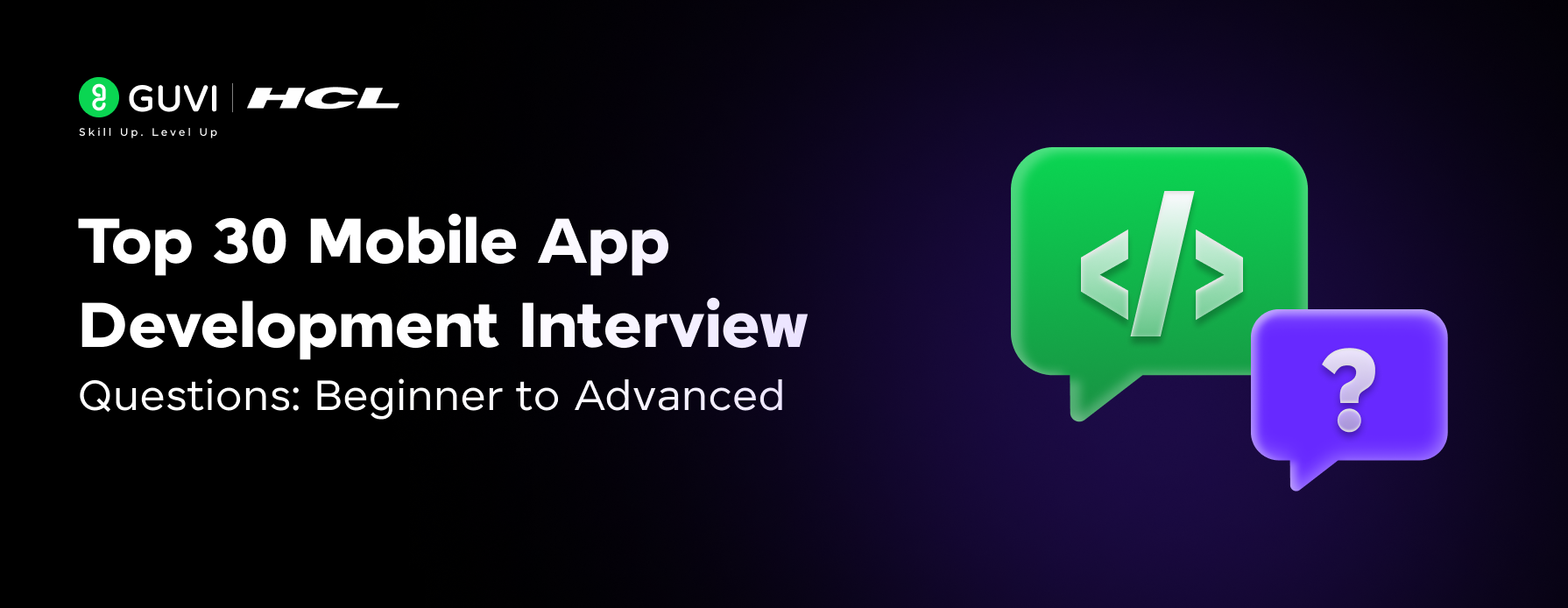
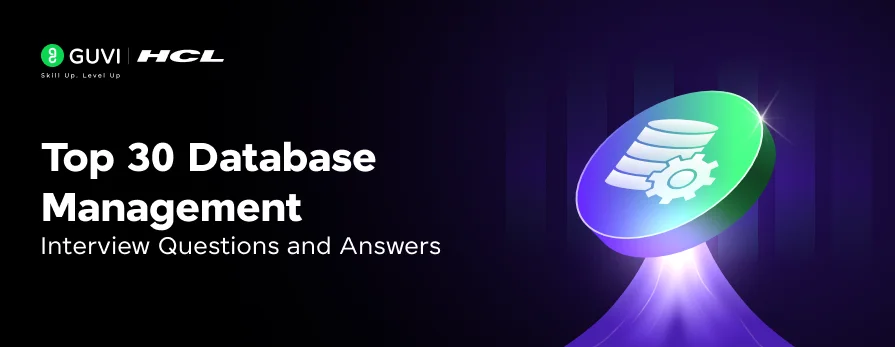
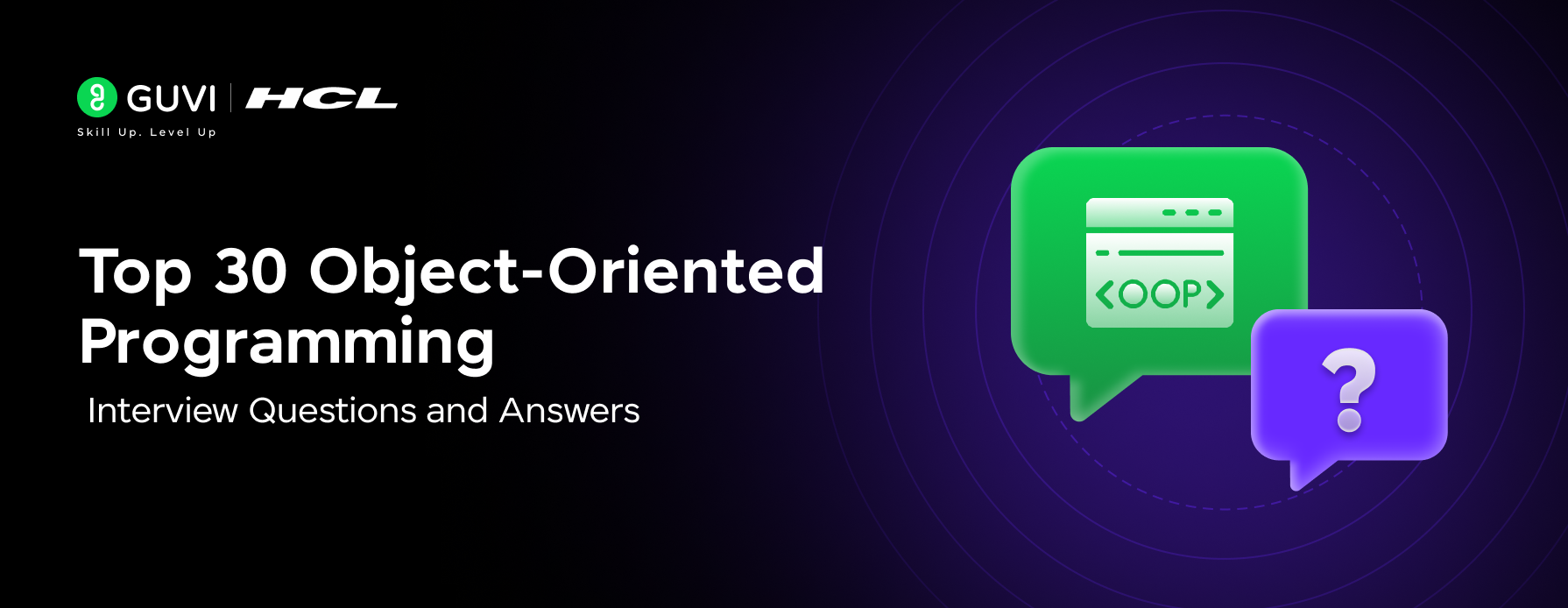
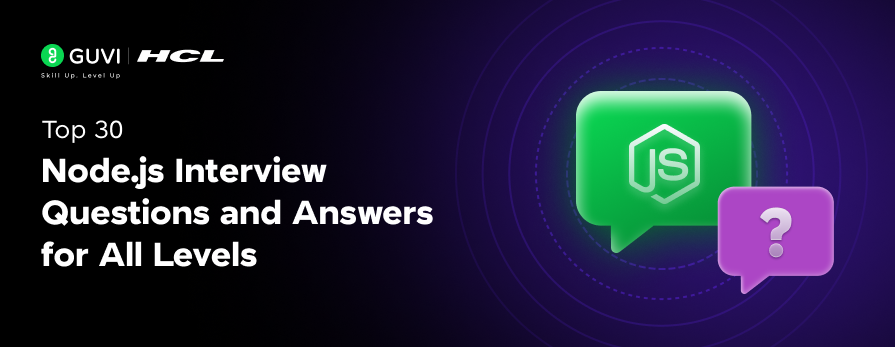



Did you enjoy this article?